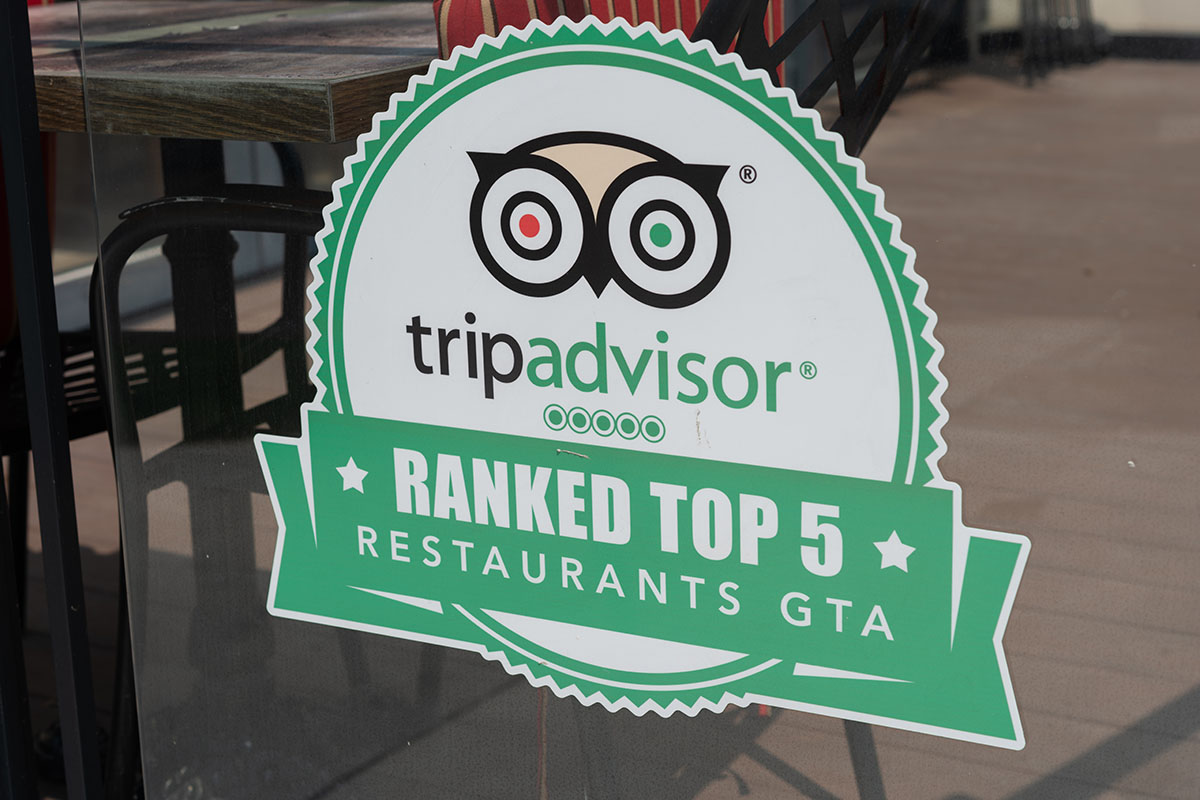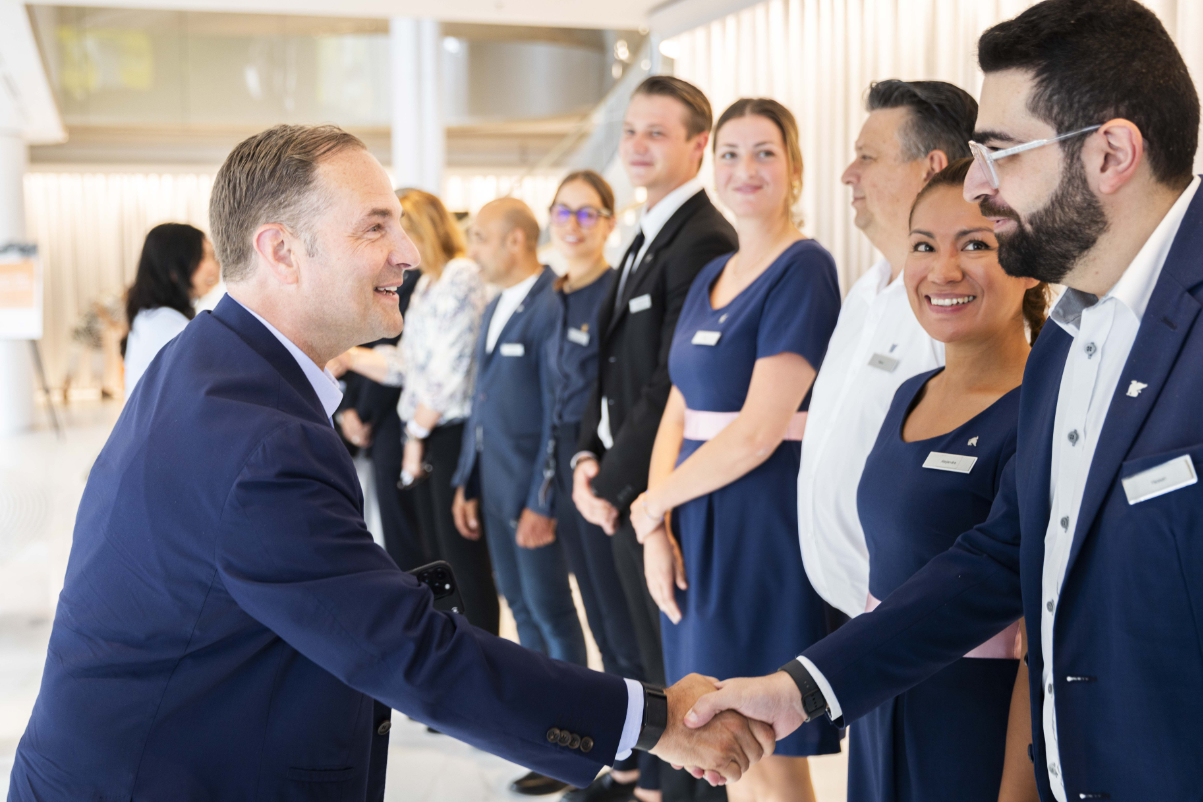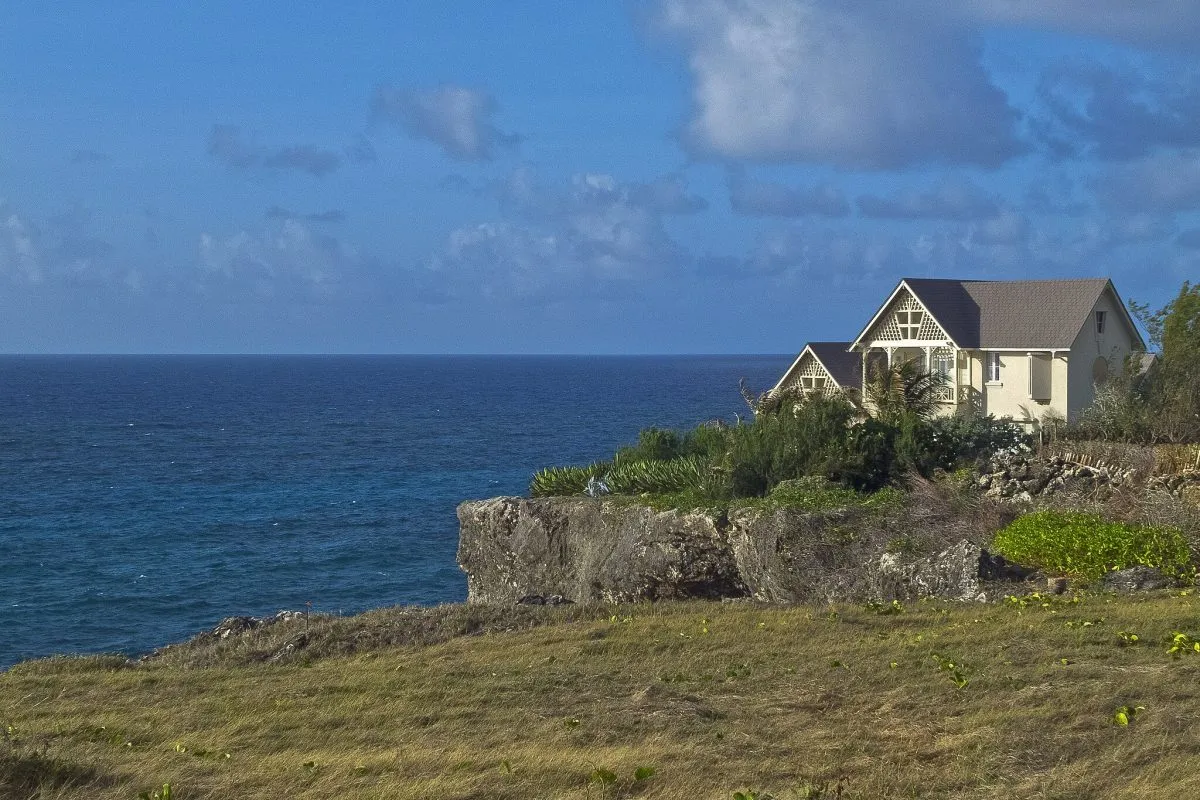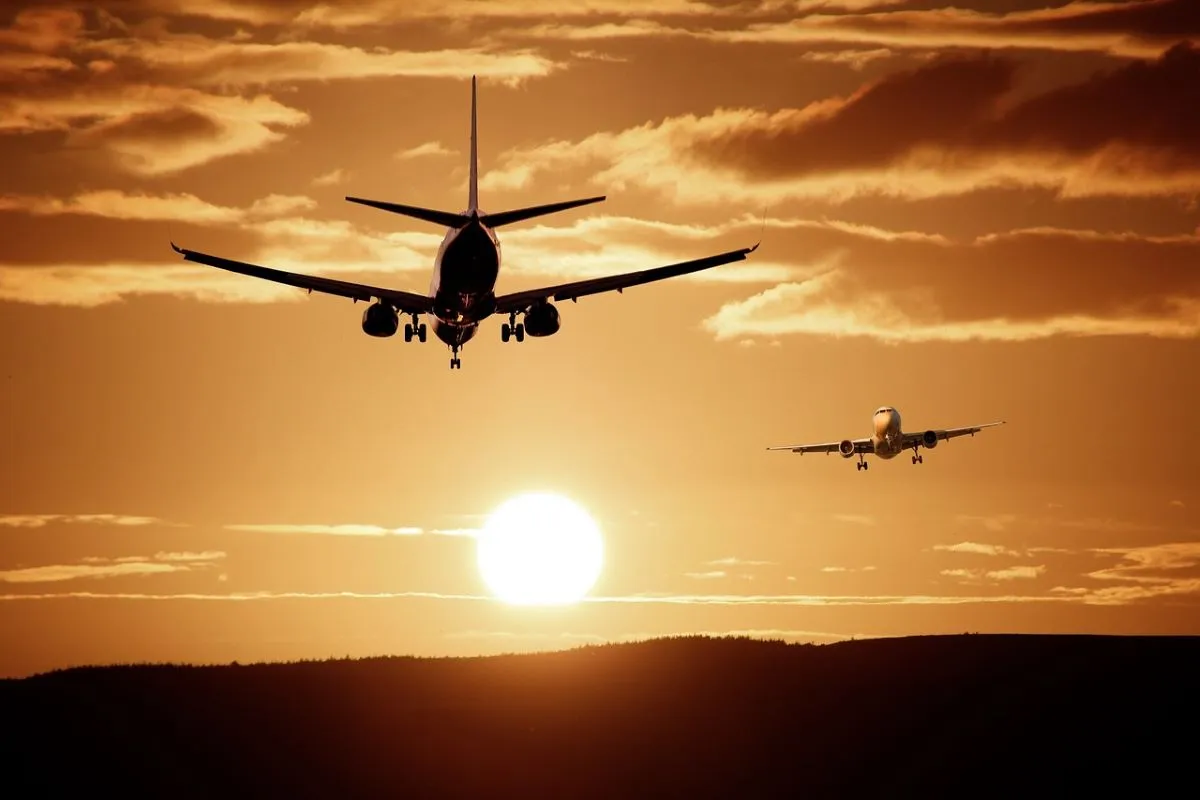New Research: Action Steps For Successful Travel Marketing in 2021
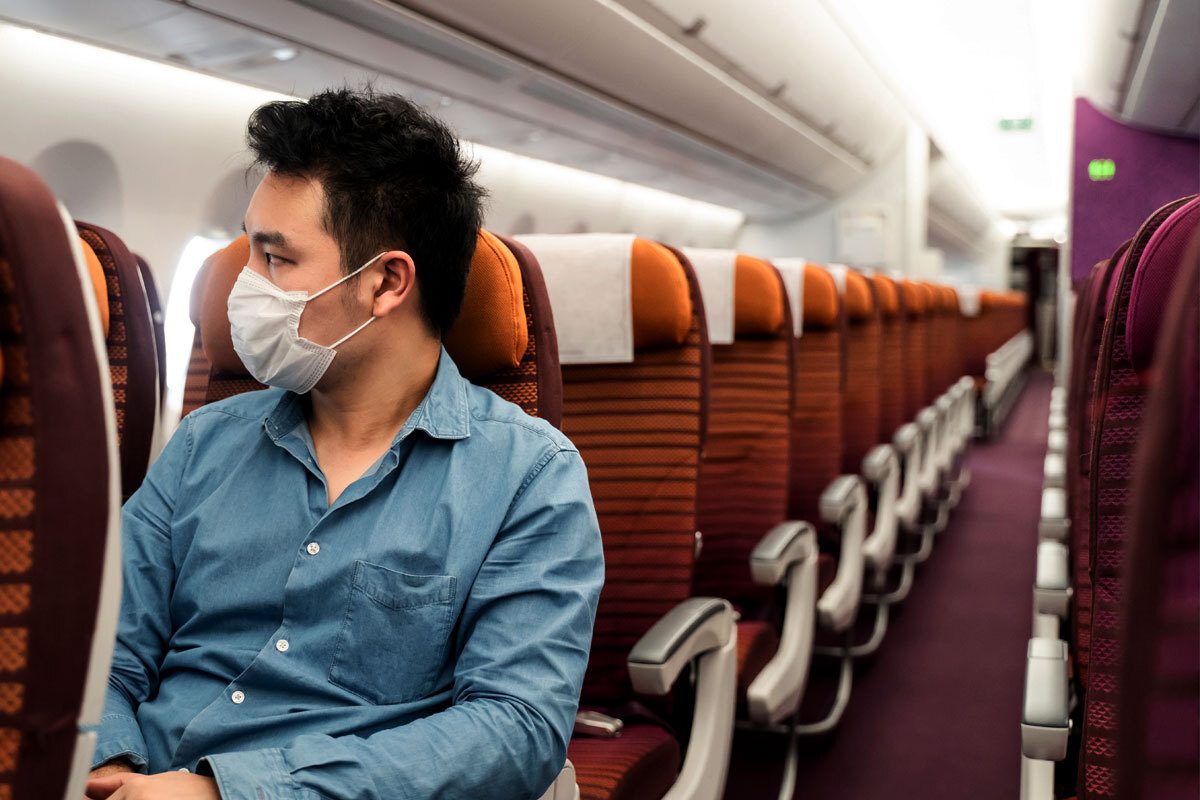
Skift Take
This sponsored content was created in collaboration with a Skift partner.
With most of the world putting their travel plans on hold, the pandemic has given travel marketers an opportunity to rethink how they can connect with travelers to help pave the way toward recovery. Given the rapidly shifting global travel marketplace, data is often the best indicator of when and how to engage with travelers.
Expedia Group Media Solutions recently conducted a study with Northstar Research Partners of 11,000 travelers in 11 countries for a broad view of how the pandemic has impacted travel attitudes, shopping behaviors, and influences around the world. The findings provide insight into the steps travel brands can take to reassure and connect with travelers as they begin researching, planning, and booking again.
“Regardless of traveler sentiment or willingness to travel right now, dreaming of travel hasn’t stopped, and we know the pent-up demand will convert when the time is right,” said Hari Nair, SVP of Expedia Group Media Solutions. “In the meantime, engagement and awareness advertising are incredibly important and will pay dividends in the long term.”
To help travel marketers translate insights from the study into actionable steps toward travel recovery, Nair shared the following action steps:
OFFER REASSURING MESSAGING
Travelers are at different stages of travel readiness around the world – ready to travel and planning a trip or exploring and fueling wanderlust until the time is right. Media Solutions’ study showed that 50 percent of travelers feel optimistic – from comfortable to excited – about taking a trip in the next 12 months. The other half are more unsure and concerned, clearly indicating a need for reassurances.
“These insights demonstrate the importance of continuing to engage travelers with reassuring messaging on health and hygiene measures, flexibility, and all the information needed to confidently book, while also inspiring them with imagery and aspirational content,” Nair said.
CONVEY SPECIFICS ABOUT HEALTH, HYGIENE, AND FLEXIBILITY
Travelers are avoiding certain modes of transportation and certain accommodations mainly because of uncertainty around health and hygiene measures, and fear of the unknown. Messaging about health and hygiene protocols seems fairly straightforward, but how can travel advertisers mitigate fear of the unknown?
According to the research, an effective and widely available vaccine would help 57 percent of leisure travelers feel more comfortable traveling in the next 12 months. Until that is a reality, reassuring travelers is incredibly important, as eight in 10 plan to make accommodation decisions based on pandemic measures in place – such as reduced capacity, hygiene protocols, the use of masks, and contactless check-in and room service.
“While health comes first, flexibility and financial peace of mind is also incredibly important to travelers, and something travel advertisers can spotlight in messaging, content, and special offers,” Nair said. “For travelers actively planning a trip or those with a booked trip, plans may shift due to factors within and outside of travelers’ control – from rising Covid-19 cases and government restrictions to family health and comfort levels, and everything in between.
“Offering full refunds on accommodations and transportation cancellations, as well as travel insurance or trip protection – and communicating those offerings across multiple channels – can help make travelers more comfortable as they consider future leisure travel.”
USE ENGAGING IMAGERY AND TARGETED MESSAGING
More travelers are getting information from OTAs than before the pandemic. Travelers want reassurances that accommodation and transportation providers, as well as destinations, are following and enforcing pandemic protocols, and they are actively looking for this information throughout all phases of the travel journey – from dreaming and inspiration to booking and in-trip.
Media Solutions’ research showed that travelers used a variety of online resources to plan and book their trips, and with a shift in priorities and preferences following the impact of Covid-19, they found that travelers are turning even more to online resources that offer information and choice, like destination websites and online travel agencies.
“Pictures and informative messaging are more influential now than pre-pandemic,” Nair said. “We saw a twenty percent increase in influence for this content in travel advertising specifically. This illustrates the importance of a multi-channel marketing strategy and the opportunity for advertisers to use imagery and targeted messaging to reassure travelers.”
INSPIRE TRAVELERS TO EXPLORE LOCALLY
As travelers around the world consider road trips and exploration closer to home, travel marketers also have a unique opportunity to increase tourism and support economic recovery in their own backyards. “Lean into inspirational images and content to spark engagement and incorporate ‘locals only’ deals and promotions to help drive conversion,” Nair said.
Expedia Group Media Solutions has been working with advertising partners who are in various stages of recovery to develop campaigns that best meet their objectives and situation, from building awareness and engagement to driving conversion for those who are open for business and ready for travelers.
“For our partners that are not yet open to out of state or international visitors, we’re creating campaigns that inspire travelers to explore locally,” Nair said. “For example, our Creative Partnerships team recently worked with the South Australian Tourism Commission on a campaign that helped to differentiate the destination from other Australian states by focusing on its expansive, under crowded nature.
“The campaign positioned South Australia as the perfect place to get away from it all. A stunning microsite invited Australians to explore the state through inspiring imagery, which our research found to be more influential now and looking ahead than pre-pandemic. Visitors could scroll through beautiful, dual images that highlighted all the key attributes of the state, from its pristine beaches and wild landscapes to its relaxed cities and thriving culinary scene. And of course, they were provided with information to help them plan their trip, along with booking options and deals for hotels, flights, and more.”
REMEMBER: TRAVELERS WANT TO REJUVENATE AND REFRESH
The research also showed that of those who took a trip in 2020, eight in 10 traveled for rejuvenation – for a change in scenery or weather, to see friends and family, or to celebrate an event. Looking ahead to the next 12 months and beyond, the desire to rejuvenate and refresh is likely to continue.
“Destinations and travel suppliers can appeal to travelers with images and messaging that highlight rest and relaxation, such as outdoor yoga classes, nearby hiking trails or nature preserves, and open-air restaurants. Plus, as some parts of the world transition to colder weather, warm weather destinations are well-positioned to attract travelers or inspire future travel.”
MAINTAIN OPTIMISM
Amid the pandemic and unprecedented industry challenges, travel hasn’t stopped – but it has changed, and Nair expects many of these changes to be long-lasting. Media Solutions’ research showed that one in two travelers feel optimistic about taking a trip in the next 12 months.
“As an industry, we must focus on maintaining that traveler optimism and rise to the challenge of reassuring the other half,” Nair said. “We have twenty years of experience connecting partners with travelers through branded media, and over the last decade we have helped cities, states, regions, and countries reinvigorate tourism following times of adversity.
“The global impact of Covid-19 is obviously unlike anything the travel industry has faced – yet on the flip side, the pandemic has brought us all together like never before, spurring collaboration, sharing, and perspective.
“This unified approach, combined with the importance of travel in daily life, gives us confidence that industry recovery is not too far off. And as travel restrictions begin to lift in different parts of the world, people are eager to rebook missed trips and plan new ones. It will be important for travel brands to inspire and build awareness for when they can travel, while also reassuring them with informative messaging around new priorities, like social distancing protocols and mask enforcement policies.”
Download the full global study for further insights on traveler attitudes, motivations, and influences that will drive future accommodation, transportation, and destination decisions.
This content was created collaboratively by Expedia Group Media Solutions and Skift’s branded content studio, SkiftX.

